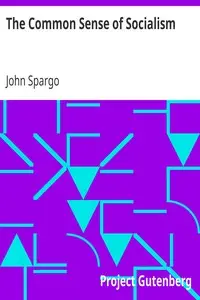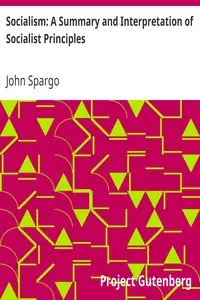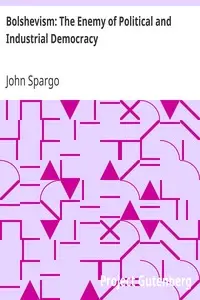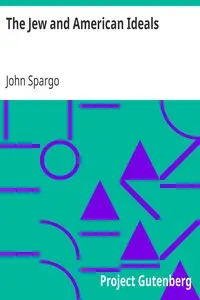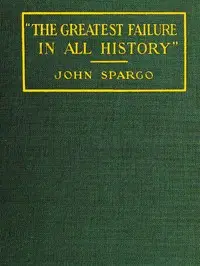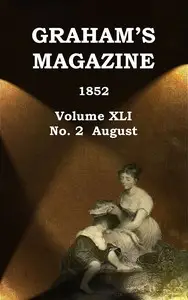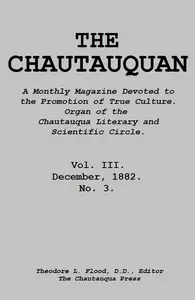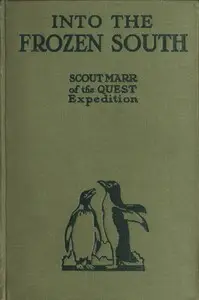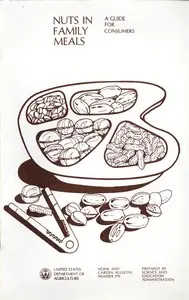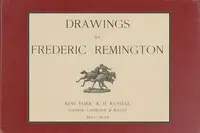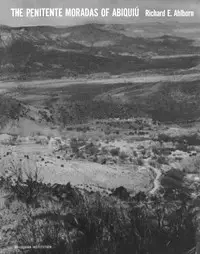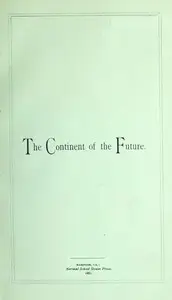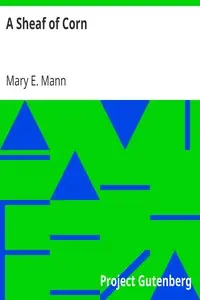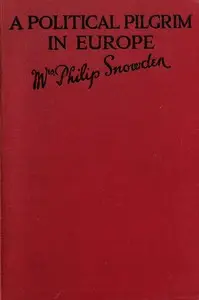"The Bitter Cry of the Children" by John Spargo is a social commentary written in the early 20th century. The book presents a profound investigation into the effects of poverty on childhood, aiming to shed light on its devastating impact on children’s health and development. It delves into various aspects of child poverty, including malnutrition, the educational hardships faced by impoverished children, and the burdens brought on by the labor of young working-class children. The opening of the work sets a somber tone as it outlines the severe consequences of poverty on infants. Spargo emphasizes the critical importance of early childhood years, arguing that poverty renders children helpless and vulnerable to neglect, poor nutrition, and inadequate care, which ultimately hampers their physical and mental development. He paints a vivid picture of the desperation faced by the children of the working class, highlighting their struggles with hunger and chronic underfeeding and calling for urgent reforms to address their plight. Through his lens, Spargo aims to evoke empathy and compel societal action to alleviate the suffering of these children. (This is an automatically generated summary.)
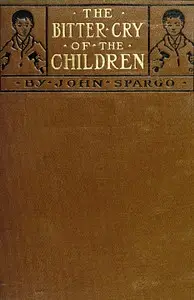
The Bitter Cry of the Children
By John Spargo
"The Bitter Cry of the Children" by John Spargo is a social commentary written in the early 20th century. The book presents a profound investigation i...
John Spargo was a British political writer who, later in life, became an expert in the history and crafts of Vermont. At first Spargo was active in the Socialist Party of America. A Methodist preacher, he tried to meld the Protestant Social Gospel with Marxist socialism in Marxian Socialism and Religion: A Study of the Relation of the Marxian Theories to the Fundamental Principles of Religion (1915). He also founded a settlement house in Yonkers, N.Y. Spargo moved steadily to the right after 1917 when he supported American intervention in World War I. With AFL leader Samuel Gompers he organized the American Alliance for Labor and Democracy in 1917. Spargo helped draft the Colby Note that formalised the Wilson administration's anti-communist policies. He strongly denounced the Bolshevik Revolution in Bolshevism: The Enemy of Political and Industrial Democracy (1919). He opposed the foreign policy of the New Deal, especially its recognition of the USSR in 1933. He supported the House Un-American Activities Committee in the late 1930s and Senator Joseph McCarthy in the early 1950s. He endorsed Barry Goldwater In the 1964 Elections.

